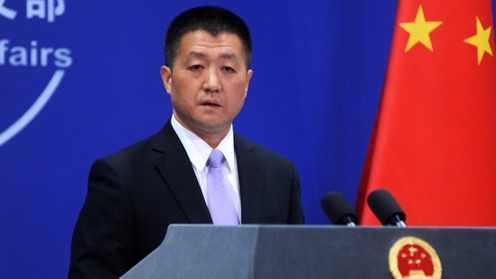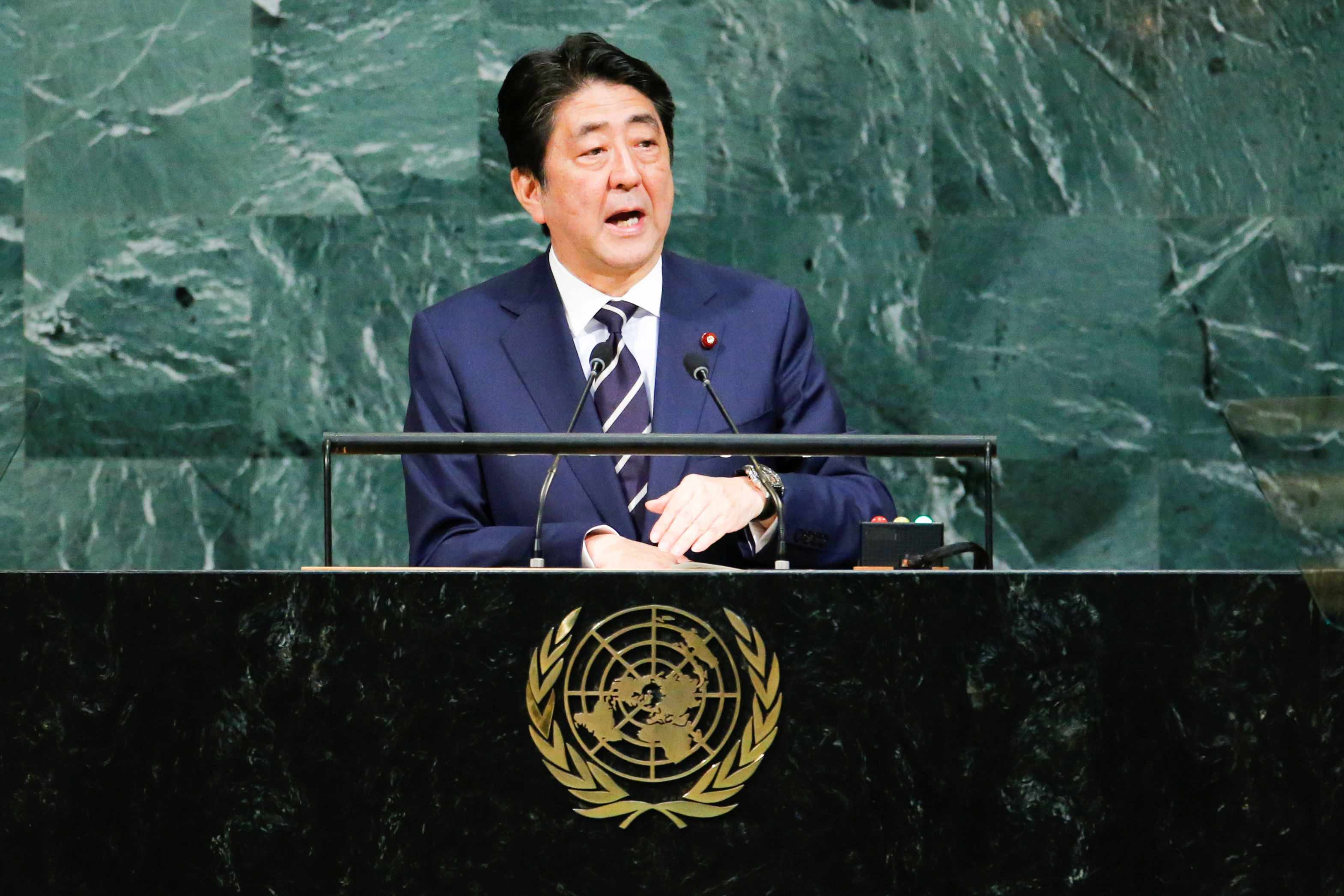
Politics
21:19, 21-Sep-2017
China: Dialogue is the only way to solve DPRK crisis
CGTN

China repeated on Thursday that dialogue is the only way to solve the nuclear issue on the Korean Peninsula, in response to recent remarks by Japanese Prime Minister Shinzo Abe who said that the time for talk is over with the Democratic People’s Republic of Korea (DPRK).
“China sticks to the denuclearization of the Korean Peninsula, safeguarding international non-proliferation regime and maintaining peace and stability on the peninsula. The only way to peacefully solve the DPRK nuclear issue is through dialogue and negotiations,” said Lu Kang, spokesperson for the Chinese Foreign Ministry, at a regular press briefing.
“Some believe that sanctions can work, but in fact we have not seen any successful examples in this regard,” Lu pointed out.
"However, there are some achievements made via dialogue to stop nuclear proliferation," Lu said.
He mentioned the September 19th Joint Statement agreed in 2005 which set out the road map for DPRK's abandonment of all nuclear programs and the realization of peace on the peninsula. Lu also recalled an agreement on the Iranian nuclear issue reached in 2015 that put the country on the path of sanctions relief but with more strict limits on its nuclear program.

Japanese Prime Minister Shinzo Abe addresses the 72nd United Nations General Assembly at UN headquarters in New York, US, September 20, 2017. /Reuters Photo
Japanese Prime Minister Shinzo Abe addresses the 72nd United Nations General Assembly at UN headquarters in New York, US, September 20, 2017. /Reuters Photo
Abe said on Wednesday that countries need to unite to enforce sanctions and apply pressure on the DPRK to abandon its nuclear and missile programs.
“Now is not the time for dialogue. Now is the time to apply pressure,” Abe told a gathering of investors at the New York Stock Exchange. He reiterated the same remarks later during his speech at the 72nd United Nations General Assembly (UNGA).
Abe said diplomatic attempts to get the DPRK to abandon its nuclear aspirations have failed in the past two decades, and "dialogue for the purpose of having dialogue is meaningless."
Chinese Foreign Minister Wang Yi has discussed the situation on the Korean Peninsula many times on the sidelines of his attendance to the UNGA in New York.
Wang said on Wednesday that the international community should turn the pressure of sanctions into a thrust for negotiations at a proper time, create conditions for talks and seize opportunities for dialogue during a meeting with his Germany counterpart Sigmar Gabriel.
3km

SITEMAP
Copyright © 2018 CGTN. Beijing ICP prepared NO.16065310-3
Copyright © 2018 CGTN. Beijing ICP prepared NO.16065310-3